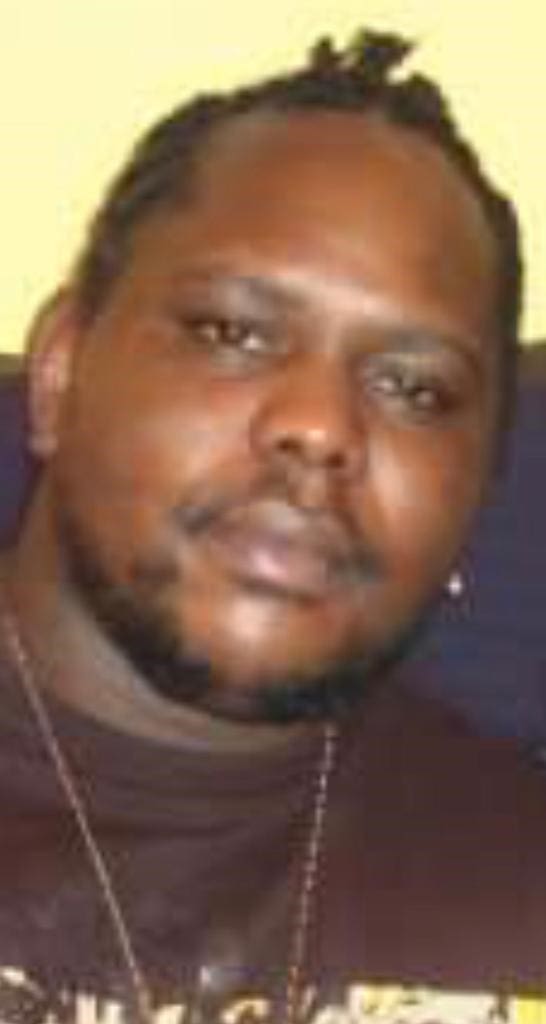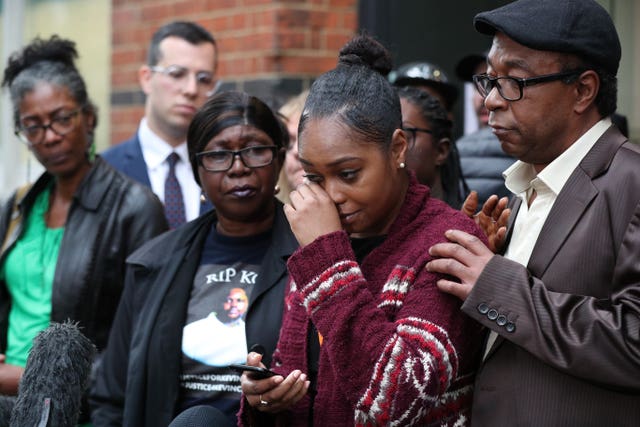
A police watchdog is to reopen its investigation into the death of a mentally ill man after an inquest jury found the restraint used while he was in custody was a factor.
Kevin Clarke, 35, a relapsing paranoid schizophrenic, died at Lewisham Hospital in 2018 following an incident in the Polsted Road area of Catford, south-east London.
The Independent Office for Police Conduct (IOPC) said “issues raised during Mr Clarke’s inquest in October 2020 prompted us to review our investigation”.
The watchdog said Mr Clarke had been restrained by up to nine Metropolitan Police officers and during his arrest could be heard to say “I can’t breathe” on footage taken from cameras worn by police.

The IOPC, which concluded its original investigation 12 months after Mr Clarke’s death, added: “Following legislative changes introduced in February 2020, the IOPC can reinvestigate a matter where there are compelling reasons to do so.
“We have informed Mr Clarke’s family, the officers involved and the Metropolitan Police Service.”
An inquest at Southwark Coroner’s Court heard that Mr Clarke told officers “I’m going to die” and “I can’t breathe” as he was put into two sets of handcuffs – linked together due to his size – along with leg restraints.
He lost consciousness as he was taken to an ambulance.
The inquest jury returned a narrative conclusion after five days of deliberations in which they found that the decision to use restraints on Mr Clarke was “inappropriate”.
The jury concluded that it was also “highly likely” that at least one officer heard Mr Clarke say “I can’t breathe” on more than one occasion.

The narrative conclusion from the jury also said that Mr Clarke died as a result of acute behavioural disturbance, in a relapse of schizophrenia, leading to exhaustion and cardiac arrest.
The restraints used by officers, which caused Mr Clarke to struggle, was cited as one of several contributing factors.
The watchdog said the recordings captured by the body-worn cameras were not explored with the police officers during their interviews with IOPC staff.
It also said it would consider the findings of the pathologist, which as a result of new information presented to them during the 2020 inquest, had changed from their original conclusion.

Met Police Deputy Assistant Commissioner Bas Javid said: “Mr Clarke’s death was a tragedy and, as a police service, we have acknowledged our failings and apologised. Our thoughts and sympathies remain with Mr Clarke’s family and friends.
“The Metropolitan Police Service is a learning organisation and we always strive to learn and improve. We continually review our policies in line with national guidance around restraint, as well as how we assist those in mental health crisis, and are working with colleagues nationally to consider our training and guidance to officers in dealing with these kinds of fast-paced and challenging incidents.
“It would be wrong to pre-empt the outcome of the IOPC investigation but if it recommends further ways in which we can improve our service these will be considered, in addition to any misconduct matters that may arise.”


Comments: Our rules
We want our comments to be a lively and valuable part of our community - a place where readers can debate and engage with the most important local issues. The ability to comment on our stories is a privilege, not a right, however, and that privilege may be withdrawn if it is abused or misused.
Please report any comments that break our rules.
Read the rules hereComments are closed on this article